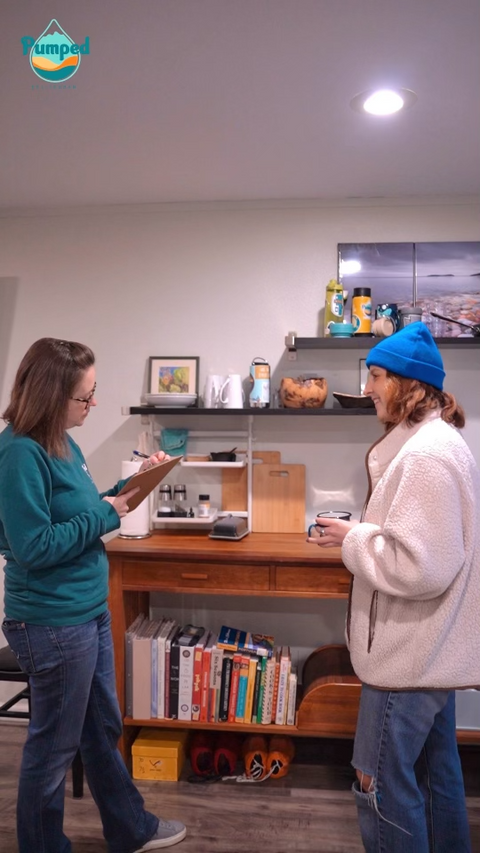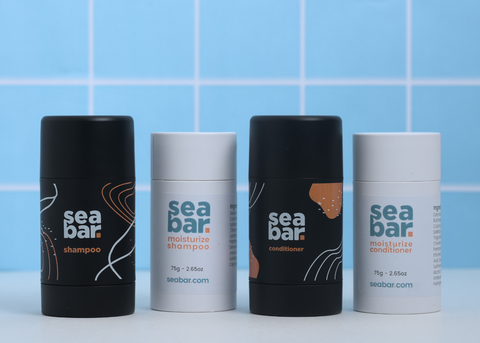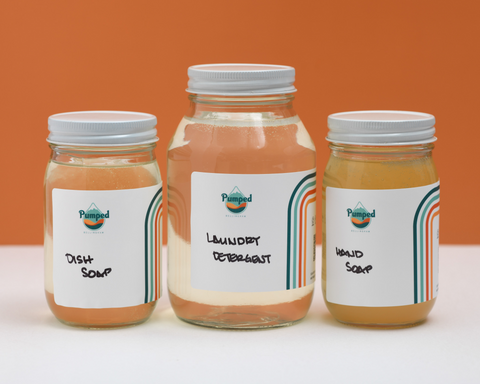Spring cleaning is the perfect time to air out the house after months of being cooped inside. The sun is (potentially) shining and it feels like a good time to start fresh and make everything feel new again. So grab your feather dusters and your microfiber slippers, or call up your favorite cleaning company and get started!
But what if you want to do more this year? It turns out, cleaning isn’t actually all that fun. What if instead of cleaning the mess, there were less mess in the first place? Here are suggestions and resources that will help make your spring-cleaning routine a breeze this year and in the years to follow.
Why do we have so much stuff?
Americans consume an immense amount of goods and services, a trend deeply rooted in the history of consumerism. From the post-World War II economic boom to the rise of mass advertising in the 1950s, there has been a cultural shift towards equating material possessions with success and happiness. This mindset has been perpetuated by the constant bombardment of advertisements, encouraging individuals to buy more and more. In recent years, the advent of social media has only exacerbated this consumption culture. Platforms like Instagram and TikTok showcase an idealized lifestyle centered around possessions, leading many to feel pressure to keep up with trends and acquire the latest gadgets, fashion items, and experiences. Additionally, the rise of online shopping has made purchasing goods as easy as a few clicks, further fueling the cycle of consumption. As a result, Americans find themselves caught in a cycle of materialism, constantly seeking fulfillment through the acquisition of goods.Bottom of Form
Where to Start?
It’s easy enough to look around and see we have too much stuff. But what do we do about it? There are a number of reasons we hold onto things we don’t need or that don’t serve us. Clothes we think we might fit into again one day, a gift from a loved one that isn’t actually our style but we keep it out of guilt, or even simply not knowing how to get rid of something. I’d be willing to bet any amount of money you have an old cellphone or tablet shoved in the back of a drawer somewhere that you just don’t know what to do with. My suggestion to you- start with the low-hanging fruit. Get rid of the easiest stuff first. Once you’ve started, I think you’ll find it becomes easier and feels fantastic.
Let’s go!
- Reduce junk mail
If you get nothing else from this article, do this one thing! Stop your junk mail delivery. Do you really clip the coupons in your weekly mailers? Or do you bring them straight from your mailbox to your recycling bin? Junk mail delivery can be stopped by visiting DMAchoice.org (recommended by consumer.ftc.gov). A few quicks questions and you can stop junk mail for good.
-
Disposing of the Hard-to-Recycle
- If you have not yet signed up for Ridwell, I strongly encourage you to give them a try. They help you recycle hard-to-recycle items such as plastic film (think bread bags and amazon mailers), lightbulbs, batteries, and many other items. Ridwell works with partner organizations to repurpose these items into new and innovative products such as Trex decks. Their sleek white metal box on your porch lets your neighbors know you care about the planet while housing your recyclables for your bi-weekly pickup.
- Another of my favorite (local) resources is WasteWise, an online waste and recycling portal from Whatcom County. This resource can be found on the WhatcomCounty.us site, the SSC website, and through Sustainable Connections. Simply run a search for the items you are looking to dispose of, and this easy-to-use guide will give you a list of locations. Items could be anything from mattresses to propane cylinders to computer accessories. Not local to Bellingham? Check with your local Waste Management (read: trash collectors) company to see if there’s a similar resource in your city/county.
- Bring in Professionals
- The old adage is true, “a place for everything and everything in its place.” Having an organized home is a great way to avoid a mess in the first place. Hiring a professional home organizer might just be the best way to get started. Companies like Simply Spruced can help create systems and solutions to transform your home into a calm retreat from the hectic world. What I love about Simply Spruced is that they work to utilize storage solutions you already have in your home (as opposed to buying new). They also have a donation/disposal resource guide to help sustainably dispose of goods and will even help coordinate disposal for you.
- Looking for more ways to green your home? Pumped Bellingham now offers In-home Consultations. We can help you meet all your sustainability goals whether you are hoping to reduce waste, use more plant-based products, or streamline your cleaning routine. We will walk through room-by-room and offer helpful tools and resources as well as product recommendations. Reach out to us today and let us help you green your cleaning routine!
Still feeling stuck?
Sometimes you need a little nudge to help you get started. If this is true for you, try reaching out to a professional organizer. While it is true that some organizers will encourage you to go out and buy new matching bins and label makers and plastic bin tags, some organizers specialize in helping you organize and declutter your home using items you already own. Simply Spruced in Bellingham is a great example. Call Ronni today to set up a consultation and see how she can help you get started.
What’s the point?
In a world where consumerism reigns supreme, reducing waste and clutter in our homes has become increasingly crucial for both environmental sustainability and mental well-being. Cluttered spaces not only contribute to unnecessary waste but also have a profound impact on our mental health. Living amidst clutter can lead to feelings of overwhelm, anxiety, and stress. By decluttering and minimizing possessions, individuals can experience a sense of liberation and calmness. A clutter-free environment promotes better focus, productivity, and creativity. Additionally, reducing waste through mindful consumption and recycling contributes to a healthier planet for future generations. Embracing a minimalist lifestyle not only benefits the environment but also nurtures a more peaceful and fulfilling life.




